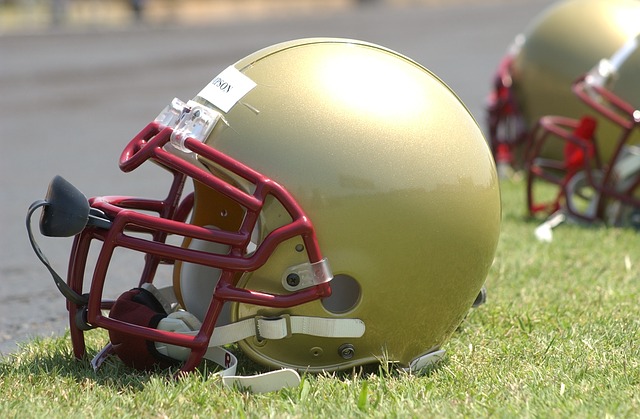Pace Athletics Combats Concussions
A common problem that faces athletic departments across the country is the handling of athletes with concussions.
Pace University Athletics is no different, as they have a training staff well equipped to handle athletes when diagnosed with a concussion.
“For a concussion, the first step is getting them symptom free,” said Assistant Athletic Trainer, Phil Ryder. “Symptoms such as nausea, headaches, and sensitivity to light are some of the twenty-seven symptoms.”
Once the athlete has been diagnosed, they have to take a leave of absence from anything that might be harmful to their brain.
“No activity until they are symptom free,” Ryder said. “For that to happen, we need to get them away from anything that will cause more brain waves. That means getting them away from practice, team meetings, and classes.”
Ryder admits that sometimes it is difficult to assess if an athlete has a concussion, because there are occurrences where an athlete does not have any symptoms, or there is not a big collision hit.
But that is why Ryder and the rest of the training staff have knowledge of basic concussion testing that can diagnose players.
“We do other sidelines testing memory recall, balance assessment, and cognitive testing because symptoms are not the only indication of a concussion,” Ryder said.
The Pace use their concussion knowledge in every sport, but the football players see more concussions than players on other teams.
According to Sports Illustrated, in five years, from 2009 to 2014, the NCAA reported a national estimate of 3,147 concussions in football.
Pace football Head Coach, Andrew Rondeau, is well aware of this issue.
“Last year I had a young man who used the term, ‘I got my bell rung’, and that used to be a term that was common and accepted in football,” Rondeau said. “Now if you use that term you are probably going into protocol and that’s okay.”
Rondeau believes that there are ways to help combat concussions, one way is having each player’s medical history prior to playing so the coaches and training staff know what they are dealing with prior to injury.
“Each student upon their entry to school has to fill a fourteen page documentation of their medical history then a doctor reviews it with our medical staff before they can participate,” Rondeau said. “We really are on a trust basis there, if somebody had five concussions and concealed it that’s not good for anybody.”
Another method used by the coaching staff is the way they teach tackling, noting that the technique has changed over the past couple of years in order to keep the players safer.
However, Rondeau admits that there are difficulties that occur when dealing with concussions, one in particular is players not being forthcoming .
Rondeau noted that an incident like this occurred on September 17th when the Setters played against American International College.
“We had a individual who was concussed in the game, but we did not figure it out until after the game,” said Rondeau.
The player wishes for his identity to remain anonymous.
Your donation supports independent, student-run journalism at Pace University. Support the Pace Chronicle to help cover publishing costs.


